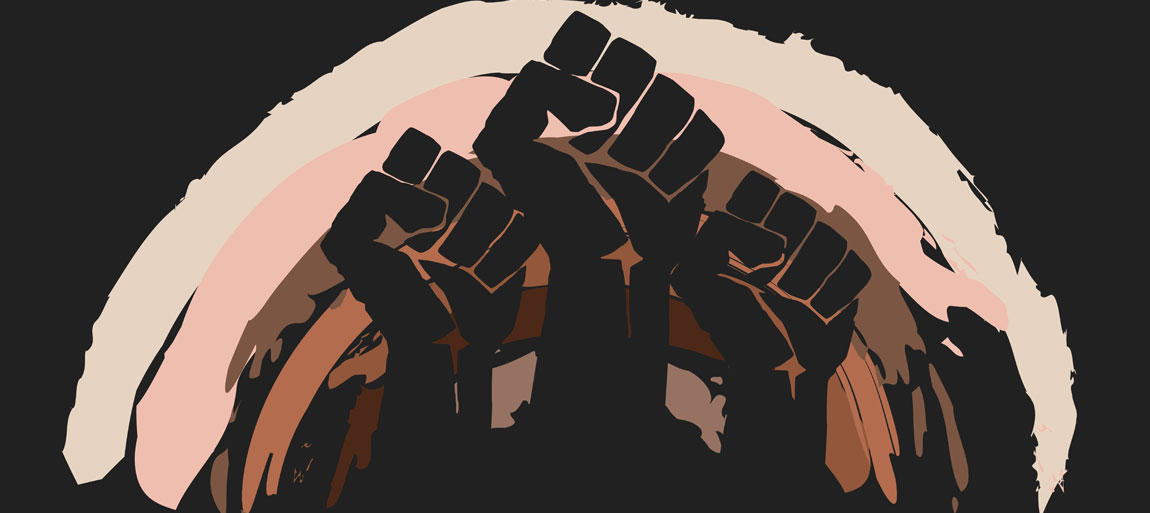
The Events That Shaped Our Present African-American Reality
There have been watershed moments and major accomplishments for the African American community in the past sixty years. These moments have altered the trajectory of history . . .



There have been watershed moments and major accomplishments for the African American community in the past sixty years. These moments have altered the trajectory of history . . .
There have been watershed moments and major accomplishments for the African American community in the past sixty years. These moments have altered the trajectory of history, elevated civil rights, and cleared the path for advancement, beginning with the Civil Rights Movement and ending with the Political and Leadership Advancement of African-American Men and Women. The article’s focus is on the top 20 moments in African American history, spanning the years 1960–present.
Civil Rights Act of 1964
The historic Civil Rights Act of 1964 prohibited discrimination on the basis of race, color, religion, sex, and national origin, as well as racial segregation. It was a watershed event that propelled the Civil Rights Movement forward and brought about racial equality.
Section 2 of the Voting Rights Act of 1965
Aiming to eradicate racial discrimination in voting, the Voting Rights Act of 1965 was passed. In regions with a history of voter suppression, it let millions of African Americans to exercise their right to vote by providing federal monitoring of elections.
The 1963 “I Have a Dream” Speech by Martin Luther King Jr.
At the 1963 March on Washington for Jobs and Freedom, Dr. Martin Luther King Jr. gave his famous “I Have a Dream” speech, which continues to represent the fight for civil rights and optimism. His demands for the elimination of racism and racial inequality were widely supported by the American people.
Dr. Martin Luther King Jr Assassination
April 4, 1968, was a devastating day for the United States when Dr. Martin Luther King Jr. was assassinated. Protests, indignation, and redoubled resolve to defend civil rights followed his death.
Black Panther Party Founding (1966)
After seeing police brutality, racial injustice, and economic inequality, Huey Newton and Bobby Seale formed the Black Panther Party in 1966. African Americans felt the effects of the group’s advocacy and community programming for a long time.
Harold Washington’s Election as Chicago Mayor (1983)
A watershed moment in American politics occurred in 1983 when Harold Washington became the city of Chicago’s first African American mayor. His triumph shook up politics and served as an inspiration to Black political figures throughout the country.
The 1984 and 1988 Presidential Campaigns of Jesse Jackson
In 1984 and 1988, Reverend Jesse Jackson ran historic presidential campaigns. He demonstrated the value of minority representation in politics by being the first African American to run for the Democratic Party’s nomination.
The Crack Pandemic (1980s-1990s)
During the ’80s and ’90s, African American neighborhoods were hit particularly hard by the crack cocaine pandemic. Issues around substance abuse, law enforcement, and social assistance were brought up in response to its catastrophic effects on communities and families.
The 2008 election of Barack Obama as President of The United States
An historic event occurred in 2008 when Barack Obama was elected president of the United States. His ascension to the presidency was a watershed moment in American history, representing a new beginning and the possibility of racial equality.
The Black Lives Matter Movement (2013–present)
In 2013, following the acquittal of the man accused of killing Trayvon Martin, the Black Lives Matter (BLM) movement was born. Over the years, BLM has grown into a formidable movement fighting for equality before the law, against racism in all its forms, and the abolition of police brutality.
Transforming the Criminal Justice System in Response to Mass Incarceration (2010s–present)
The 2010s were a pivotal decade for movements seeking to reform the criminal justice system and end the practice of mass imprisonment. Legislation reshaping the criminal justice system was passed by lawmakers from both the Democratic and Republican parties in response to the outsized presence of African Americans in correctional facilities.
Kamala Harris Elected as Vice President in 2020
Another watershed moment occurred in 2020 with the election of Kamala Harris to the position of vice president. She broke several records in the United States, becoming the first female vice president, the first African American, and the first Asian American.
2012 shooting of Trayvon Martin
The 2012 shooting death of Trayvon Martin by George Zimmerman sparked a heated debate about gun violence, racial profiling, and the right to self-defense. It brought attention to the issue of racial injustice in the criminal justice system and served as an inspiration for the Black Lives Matter movement.
Same-Sex Marriage: The Supreme Court’s ruling (2015)**
Obergefell v. Hodges, decided by the Supreme Court in 2015, made same-sex marriage lawful across the country. For LGBTQ+ rights and equality, this historic decision was a huge win, and many African American activists had crucial roles in the movement for marriage equality.
The Impact of Hip-Hop and Rap Music from the 1980s to the Present Day
Rap and hip-hop have given African American musicians a voice and a platform to speak out against political and social concerns, and its impact on popular culture has been enormous. Social awareness and the empowerment of voices have been nurtured by this genre.
From 1984 until 1992, The Cosby Show**
Revolutionary sitcom “The Cosby Show” featured Bill Cosby and a wealthy Black American family. Positive portrayals of African Americans on television were highlighted, and misconceptions were addressed.
The process of desegregating schools is still underway.
Since the 1960s, there have been continuous attempts to desegregate schools. In order to guarantee that African American children have equal chances, legislative initiatives and court rulings persist in addressing educational inequality.
The Trial of O.J. Simpson (1995)
A media phenomenon at the time, the 1995 trial of O.J. Simpson brought up issues of race, fame, and the judicial system. Discussions surrounding race and justice were profoundly affected by the decision.
The Leadership of African American Women (current)
African American women have been trailblazers in many fields, including business, politics, and activism. Women who have broken barriers and served as role models for subsequent generations include Stacey Abrams, Kamala Harris, and Oprah Winfrey.
Afrofuturism’s Ascent (2000s–present)
An artistic and cultural movement known as Afrofuturism envisions a future in which African and African American perspectives are central. Its novel take on individuality and artistic expression has propelled it to the forefront of popular culture in the visual and performing arts.
The most formative milestones in the African American community’s history during the last 60 years may be captured in these 20 events. They represent the never-ending fight for equality, social justice, and civil rights. In spite of everything that has happened, African Americans have accomplished so much and will continue to do so in the future. All of this brings to light the tenacity, perseverance, and impact that African Americans have had on America and the globe.

